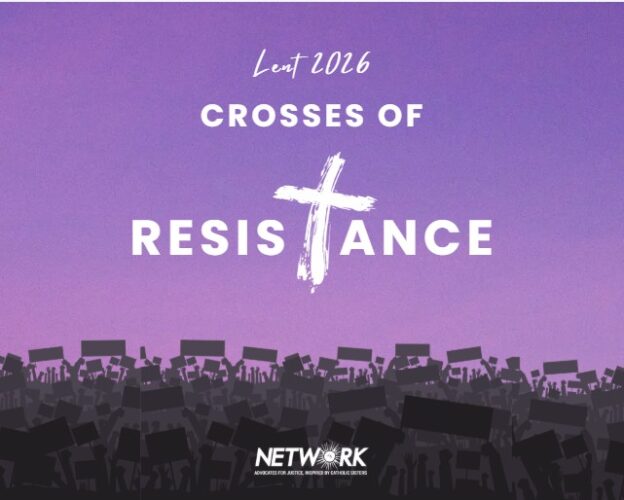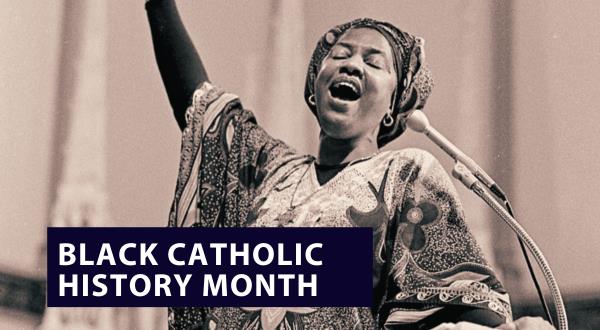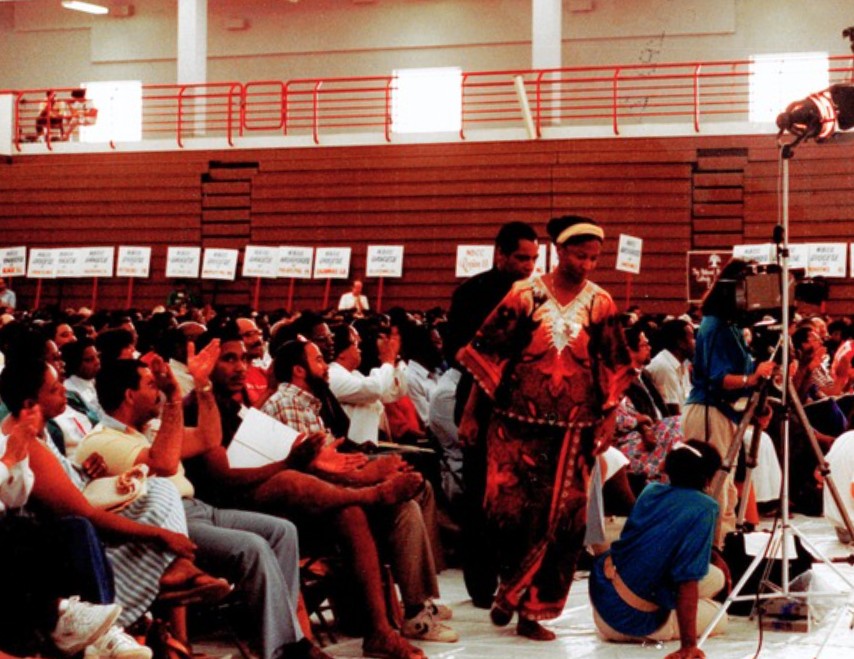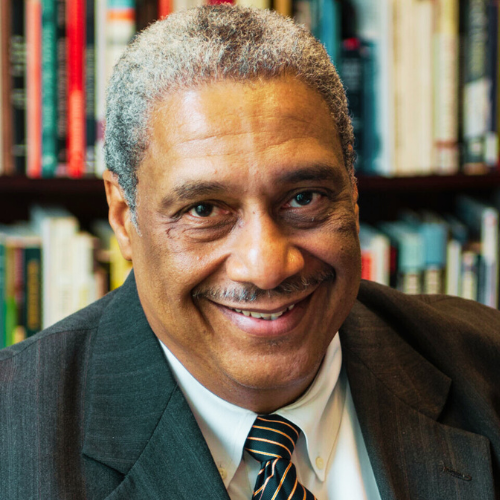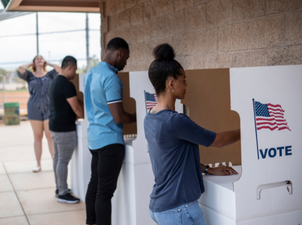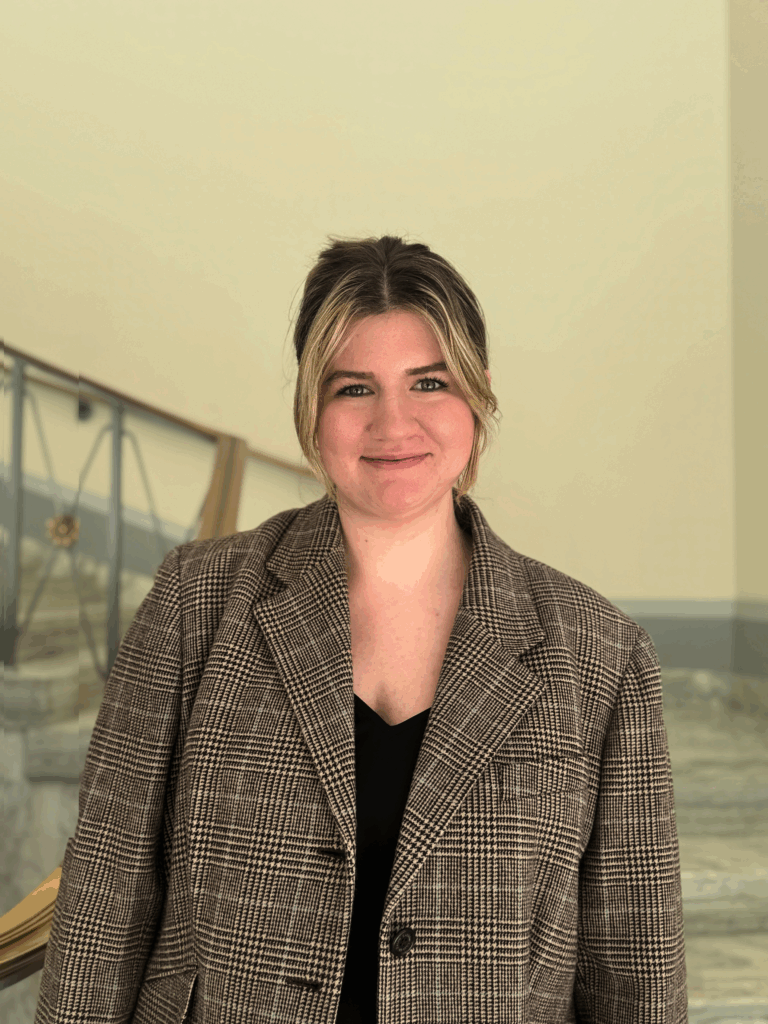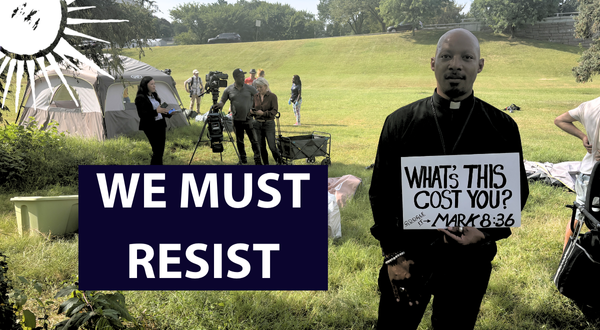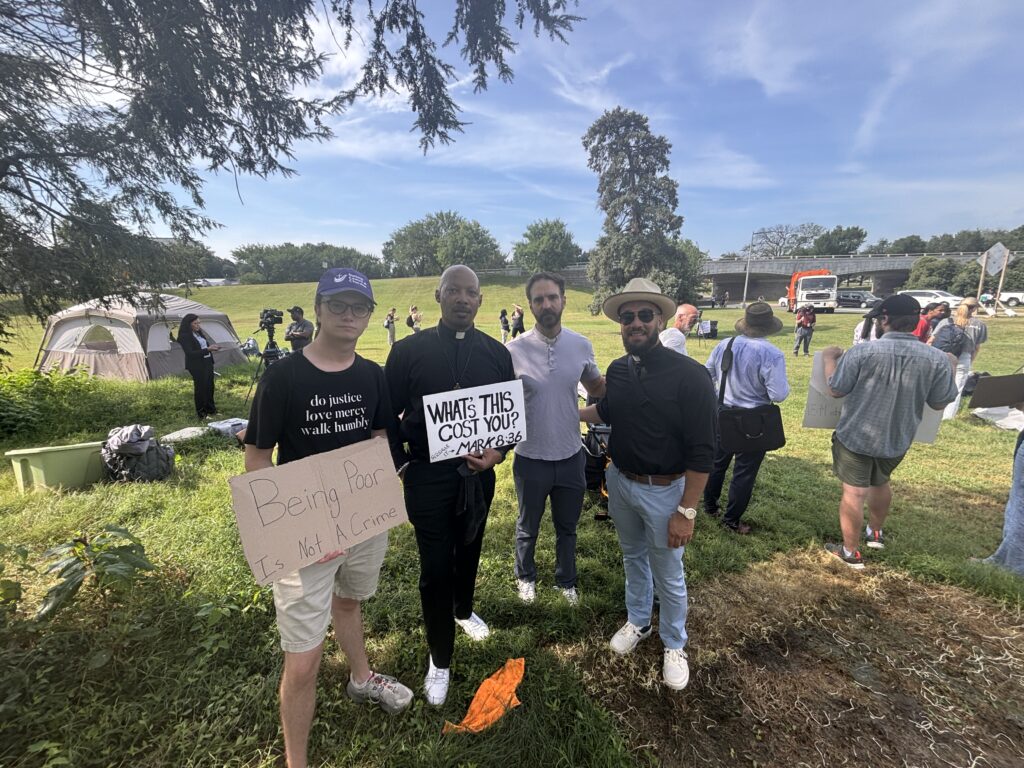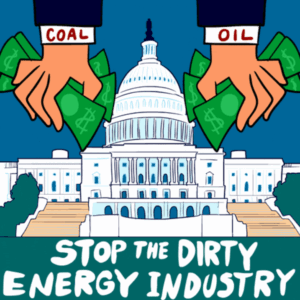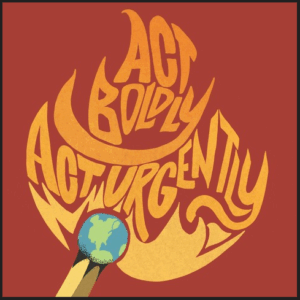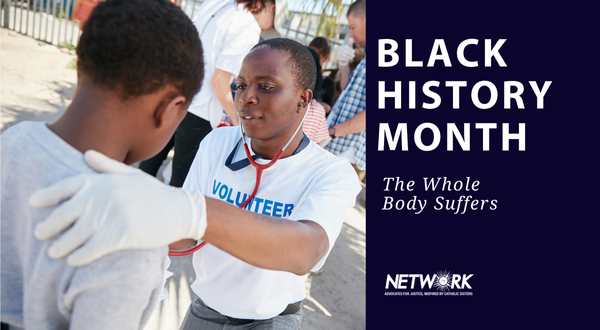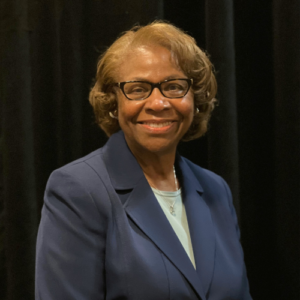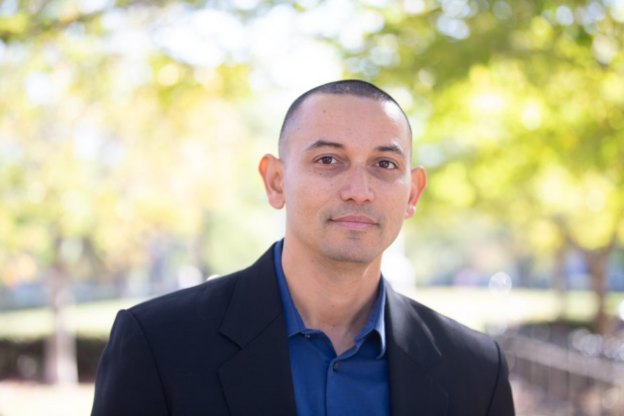Lent’s ‘Crosses of Resistance’ — Voting Rights
Ash Wednesday is a Call To Resist the Trampling of Voting Rights
Min. Christian S. Watkins
February 18, 2026
Lent begins with the smudge of ash on our brows and the whispered truth: “Remember you are dust, and to dust you shall return.” In that stark confession, the Church names both our fragility and our belovedness before God.
Yet while Christians prepare to walk this 40-day road of repentance and renewal, congressional Republicans are advancing a different kind of mark, one that would brand millions of citizens at the ballot box. Two bills, the Senate’s SAVE America Act (S.3752) and the House’s Make Election Great Again (MEGA) Act (H.R.7300), carry on the egregious legacy of the stalled SAVE Act (H.R.22) and its promotion of a “show your papers” regime.
These bills force eligible voters to present proof of citizenship in person to register to vote, update their registration, and in some cases even to cast a ballot. This functionally eliminates online and mail-in registration and sabotages voter registration drives.
More info: How the SAVE Act would disenfranchise rural voters (Center for American Progress)
The House’s MEGA Act also piles on restrictive photo ID requirements, bans universal vote-by-mail, and mandates aggressive voter roll purges every 30 days, ending long-standing protections against last-minute disenfranchisement. This would hand the federal government sweeping power to decide which citizens get to participate in our democracy.
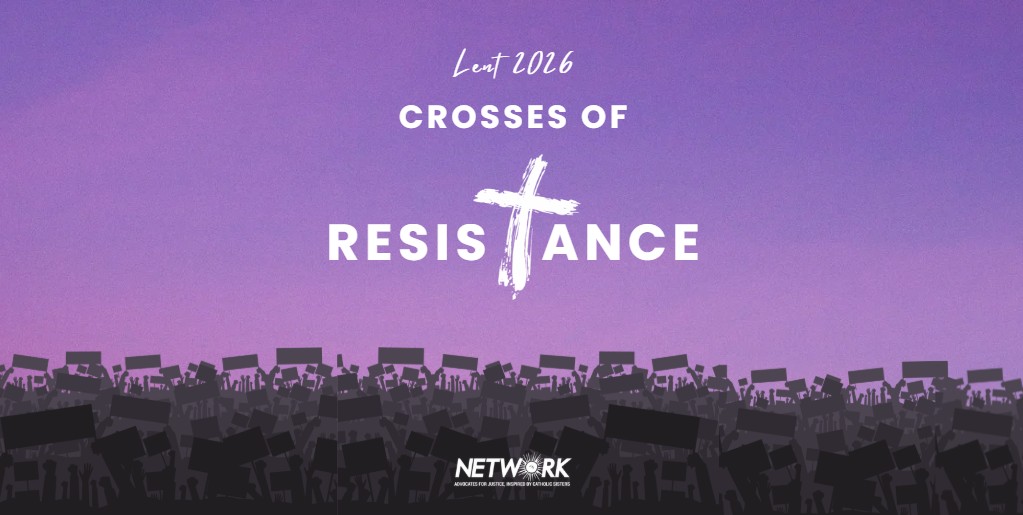 Catholic Social Teaching names participation in public life, including voting, as a moral duty flowing from the dignity of the human person and our call to the common good. Any law that weaponizes bureaucracy against people in poverty, the young, Black and brown communities, and those without stable housing stands in direct opposition to that duty.
Catholic Social Teaching names participation in public life, including voting, as a moral duty flowing from the dignity of the human person and our call to the common good. Any law that weaponizes bureaucracy against people in poverty, the young, Black and brown communities, and those without stable housing stands in direct opposition to that duty.
During Lent, the prophets condemn those “who trample on the needy, and bring to ruin the poor of the land.” The SAVE 2.0 and MEGA Acts are part of a coordinated effort to trample voting itself. This is not about preventing the rare noncitizen vote; it is about manufacturing distrust so that a shrinking minority can cling to power.
We have seen the Trump administration escalating demands for sensitive voter data—including a push tied to the atrocities carried out in Minnesota—while federal law enforcement has targeted election records in Fulton County, Georgia.
The Gospel calls us to repent of the country’s long history of racist voter suppression, to organize, accompany, and advocate so that every eligible neighbor can vote without fear or unnecessary obstacle. This is as important as feeding the hungry or visiting the incarcerated person.
The ballot is not a perk for the well-resourced. It is part of the dignity of the human person in public life – a way for our leaders and policies to represent us. When lawmakers criminalize paperwork mistakes, punish election officials for doing their jobs, and build systems that block working people, elders, students, disabled voters, and low-income families, they are not strengthening democracy.
As we journey toward Easter, we proclaim a crucified and risen Christ who breaks chains, not ballots; who opens doors, not shutters them; who pours out the Spirit so that every voice can testify. Will we consent to new crosses laid upon the backs of the poor in the voting booth, or will we shoulder the cross of resistance and insist that our laws reflect God’s liberating love?
Take Action with NETWORK: Help us resist legislation that denies voting rights to all eligible voters. Call your Senators and let them know that these bills must not pass! Call this number: (202) 915-4877.
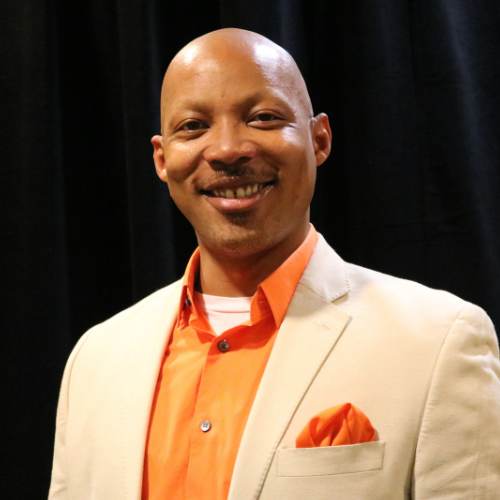 Min. Christian S. Watkins is NETWORK’s Senior Government Relations Advocate.
Min. Christian S. Watkins is NETWORK’s Senior Government Relations Advocate.







